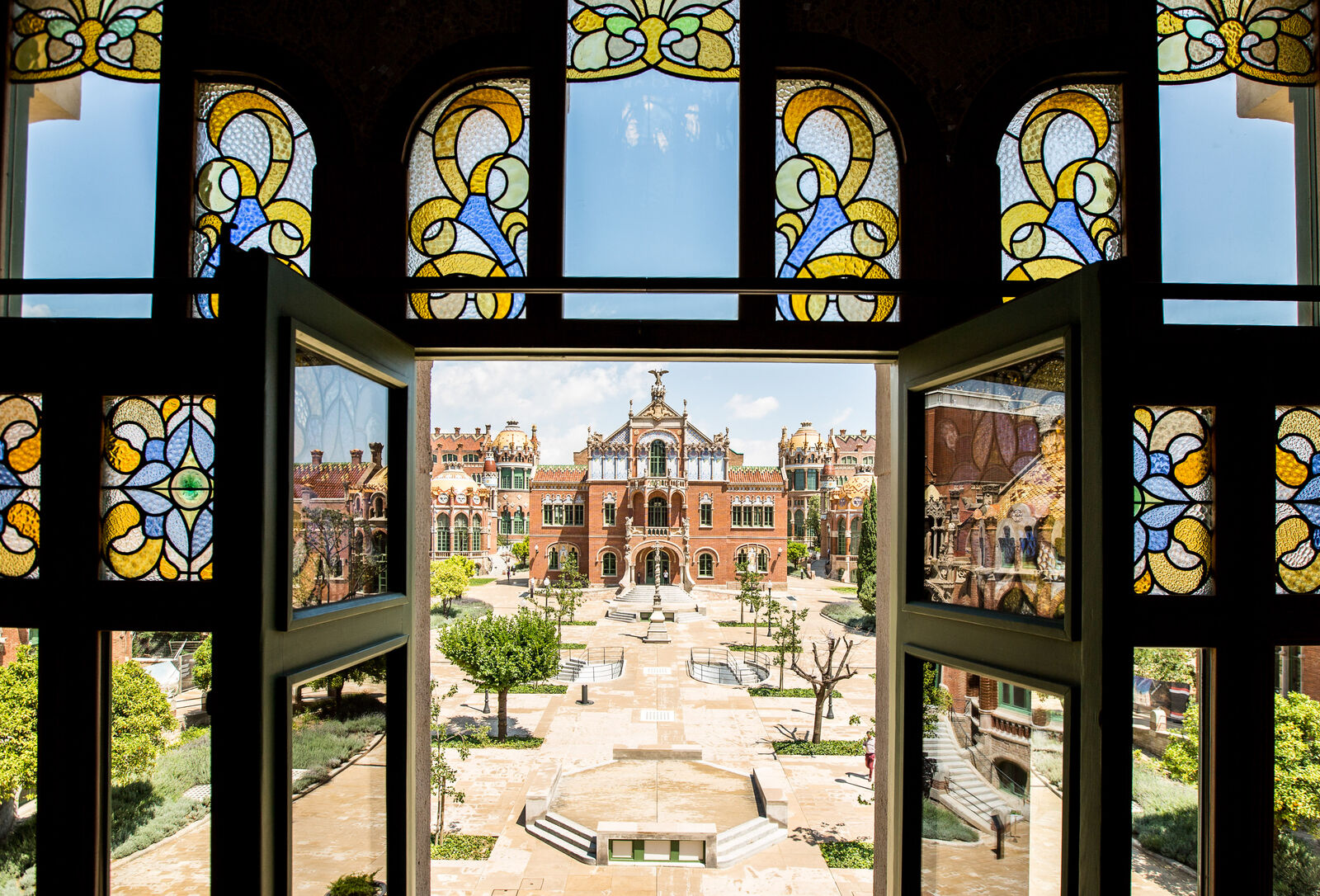Result of your search for "culture"
-
You can get a lot out of four days in Barcelona if you plan your visit carefully. Here are some suggestions which include the city’s main landmarks and even invite you to discover some of the areas outside Barcelona, so that you can really make the most of your trip.
-
The perfect combination of Modernisme and the bohemian life just 37 kilometres from Barcelona, in this fishing town on the shores of the Mediterranean.
-
Capturing the essence of Barcelona in just one day is rather a tall order, but your efforts will be amply rewarded. Guaranteed!
-
Lluís Domènech i Montaner route
The architectural works of Lluís Domènech i Montaner epitomise the Catalan modernista style. They encapsulate the endeavours of a humanist who knew how to integrate modernity and tradition into works of great formal beauty and rationalism, which contributed to the splendour of modernisme in Barcelona.
-
Puig i Cadafalch was a politician and art and architecture historian who became one of the leading figures in the Catalan nationalist movement due to his desire to reclaim Catalonia’s historic and cultural roots. This is reflected in an architecture which evolved from modernisme to noucentisme but never eschewed traditional forms.
-
Standing on a vantage point, Montjuïc Castle commands stunning views of the city. Now a peaceable place, the memory of this fortress endures in Barcelona as a symbol of repression but also of the city's struggles during different periods in its history.
-
One of Barcelona's key venues for the performing arts, the Ciutat del Teatre on Montjuïc Hill brings together a series of theatre spaces which host all kinds of performances.
-
The Fossar de les Moreres is a place of great symbolic significance where the weight of history takes centre stage. Here, right in the centre of the Born neighbourhood, was the site of the graveyard for the fallen during the 1714 Siege of Barcelona. A monument stands on the site as a reminder. The place sometimes goes unnoticed by visitors. For the Catalans, the fossar is more than a memory. It is a homage.
-
A paradigmatic work of Catalan art nouveau, modernisme, replete with symbolism while stripped of dramatism. The idealisation of the female form and the theme of sorrow were characteristic of the taste of the period.
-
Cripta Gaudí at the Colonia Güell
The Colònia Güell, one of the most pioneering purpose-built industrial villages of the 19th century is located in the town of Santa Coloma de Cervelló, 23 Km to the south-west of Barcelona. Gaudí developed the architectural innovations of his later works in the church crypt, which has been designated a Unesco World Heritage site.

























